'If the Congo Basin forest is lost then so is the fight against climate change'
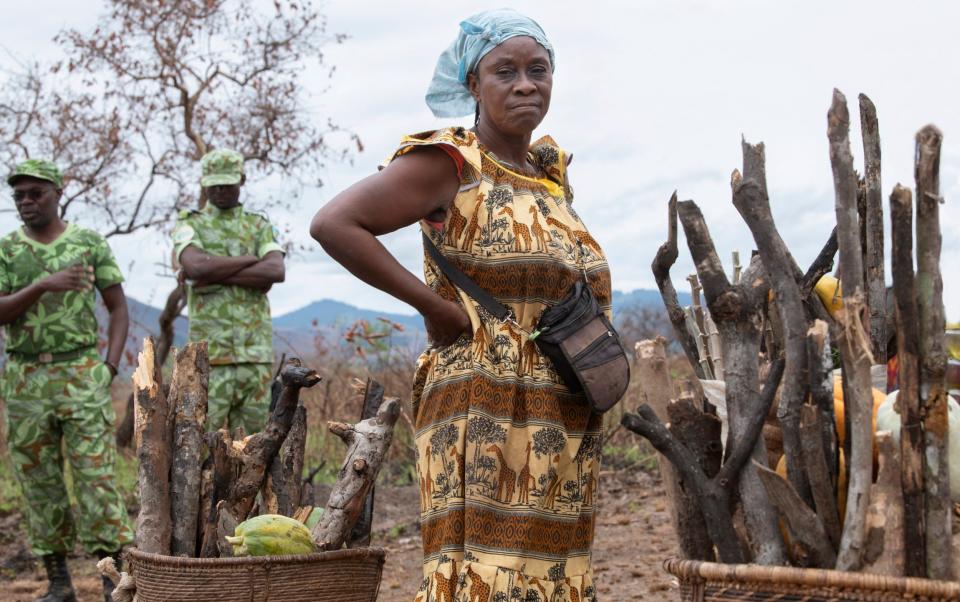
At a hilltop research centre high above the canopy, Vincent Medjibe is assessing the power of Gabon’s forests.
Tasked in 2012 with working out just how much of the world’s emissions are sucked up by his country’s vast forests, Mr Medjibe can tell just by looking how much carbon is locked in a single patch of trees.
Unlike its neighbours in Central Africa, Gabon has protected its share of the Congo Basin from intensive logging and farming, and is still more than 80 per cent forest in a country the size of the UK.
That has made it a haven for wildlife, including 60 per cent of the continent’s forest elephants, but also a huge carbon sink, sucking up 140 million tonnes of CO2 every year, according to Mr Medjibe’s calculations, compared to the 40 million tonnes it emits.
That leaves 100 million tonnes that it is sequestering from the rest of the world, roughly the annual emissions of a small developed country such as Belgium and making it one of the world’s last remaining carbon negative countries.
With the oil reserves it relies on for 45 per cent of GDP now dwindling, Gabon now wants to be paid for its role as the world’s “second lung”, as the Congo Basin is known.
“We are doing all this not only for us but for the rest of the world,” says Mr Medjibe. “Before, our natural resource was petrol, now it’s forest.”
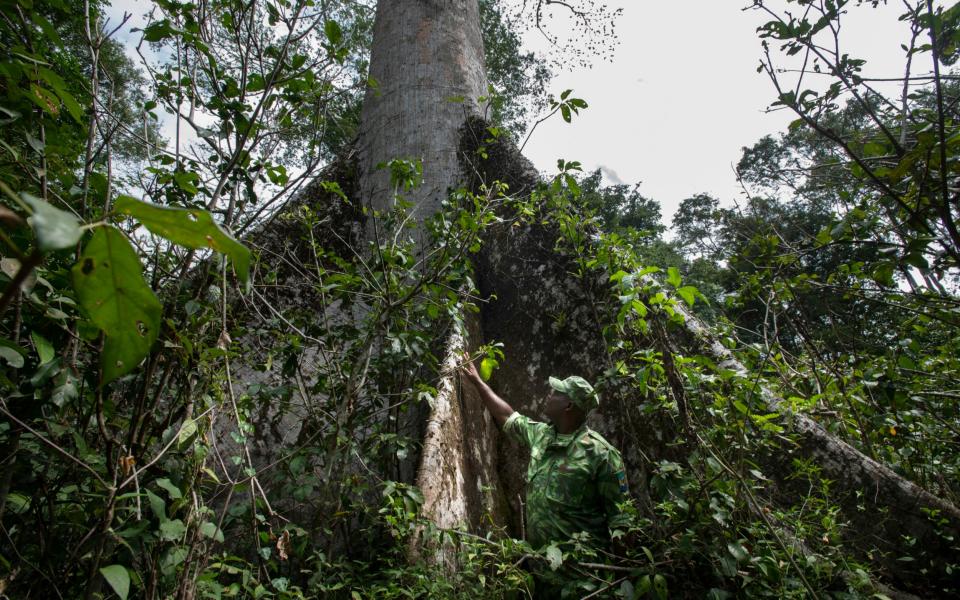
The government says it wants to exploit its forests without destroying them, leapfrogging the environmental destruction which accompanied development in the West.
It wants to grow its timber industry, which is based around the regional oukoume tree, a fast-growing sienna-hued hardwood often used to make boats and guitars, and to expand its nascent tourism industry.
It also hopes to start selling carbon credits and is lobbying governments and the international media for support in the run-up to the November COP26 climate summit in Glasgow.
Current rules make it easier to sell credits from projects that end deforestation, rather than for protecting existing forests.
As the country’s lead climate negotiator Tanguy Gahouma-Bekale, puts it: “Everybody wants to reward the bad guy, but nobody wants to pay for the good guy.”
The man in charge of protecting Gabon’s natural capital is Lee White, the British-born environment minister, who has been personally entrusted by the president, Ali Bongo Ondimba.
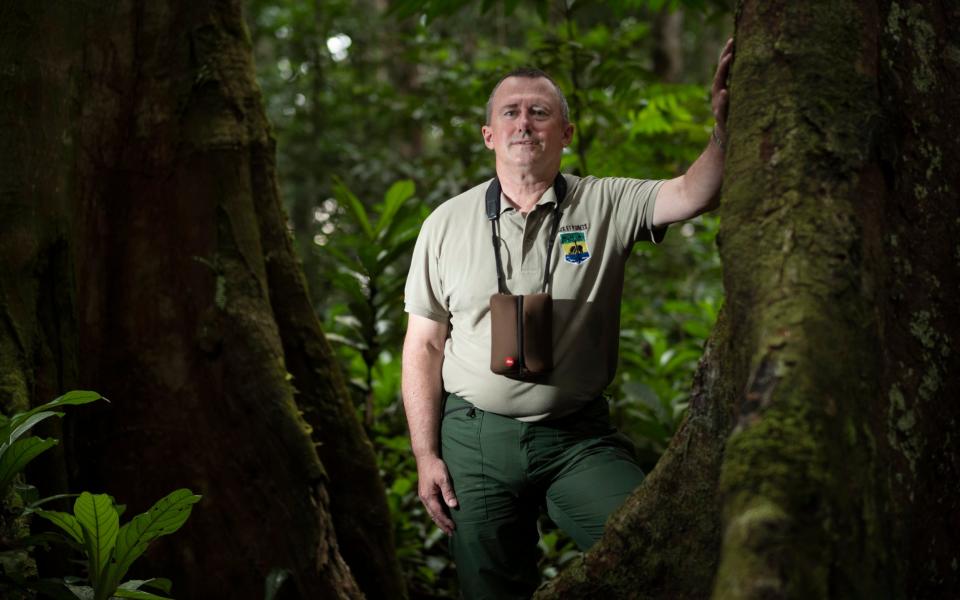
Mr White, who first came to the country in the 1980s as a researcher, is a close ally of the president and has built something of a cult following in Gabon (the Anglo and Francophone aides and conservationists he has brought into the fold call themselves the “children of Lee”).
“The only way to save forests is to make them valuable,” says Mr White during an interview at his home in Libreville.
“It's a bigger picture than just Gabon. The Congo Basin has about 10 years of global emissions locked up in the forest, in its soil.
“So if we lose the Congo basin forest, we lose the fight against climate change.”
A new law will establish Gabon’s own carbon market, and create credits that can eventually be sold to countries or companies as offsets.
Gabon’s logic is clear: their forest protection efforts are doing vital work for the rest of the world in the fight against climate change, for which it should be remunerated.
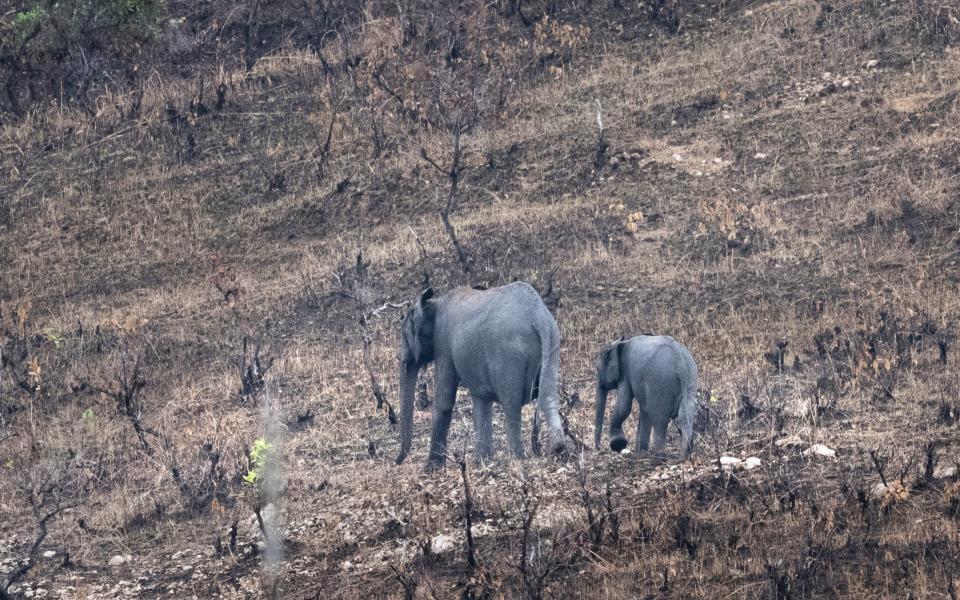
But there is a hidden “jeopardy” in the plan, says Simon Lewis, a professor of global change science at University College London. Creating offsets from pre-existing forest could allow companies to claim they are carbon neutral, without any real cut in overall global emissions.
Relying on forests as offsets is also dangerous because of the difficulty of ensuring they stand.
“I’m very sympathetic to the position Gabon finds itself in,” says Mr Lewis, who has advised the environment ministry.
Mr White counters that without international backing Gabon’s forests, and their vital global role, will be put at risk.
A rapidly growing population will increase demand for the jobs and incomes from industrial-scale logging, and the changing climate will push migrants into the country from harder hit areas, requiring more agricultural land.
“It sounds like a threat, doesn’t it?” he says.
Already the government has faced pushback from local communities who rely on the forests for subsidence. It is now engaged in a project to build fences to protect village farming plots from elephants in its national parks, which were created in 2002 across 11 per cent of the country and restrict logging and poaching.
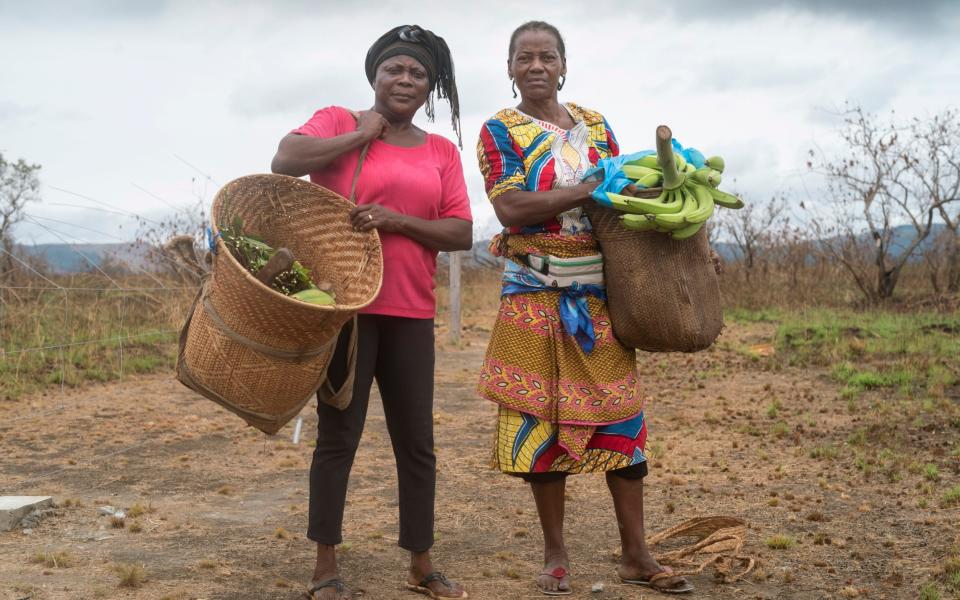
Irene Wabiwa Betoko of Greenpeace Africa says the government has yet to prove it will use international investment in its forests for the benefit of the Gabonese people.
“These forests are not empty. They belong to communities,” she says.
But while Mr Lee is clear about the trust the president has put in him and the “green Gabon” project, elections are due in 2023 and there are questions as to whether 62-year-old Mr Bongo, who suffered a serious stroke in 2019, will run again.
“If the gamble to create these jobs from the forest sector doesn't work, then future ministers and presidents will say Ali Bongo and Lee White's forest plan didn't work,” says Mr White. “Nobody came and invested. Nobody would buy our wood, the forest isn't worth anything.
“And there's going to be more and more demand for hot, sunny, wet, agricultural land. That's going to be a real premium in the decades to come.”
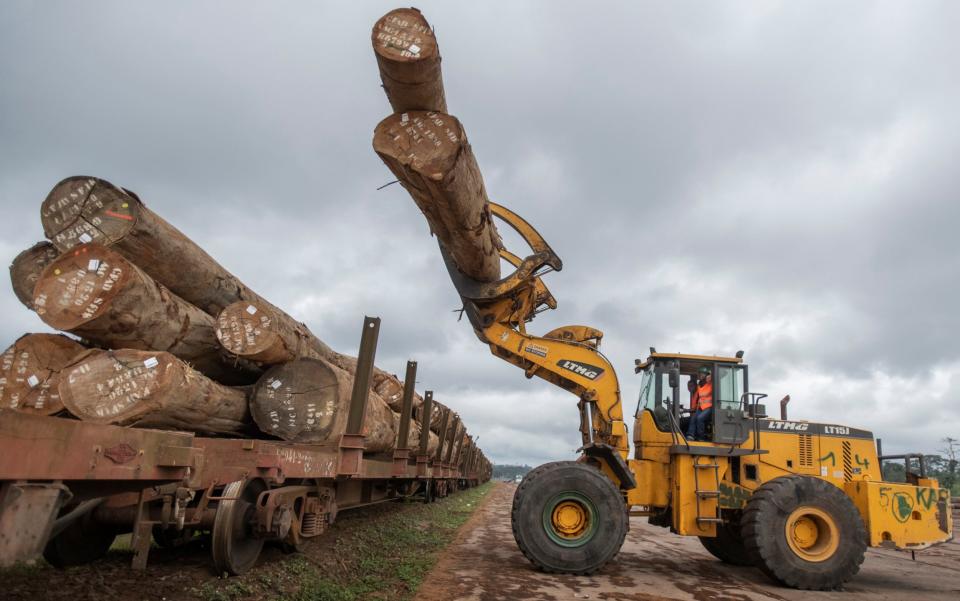
There are threats already from other powerful interests. Chinese companies have a major presence in the logging industry here and appear less interested in sustainability than in securing cheap wood for their domestic market.
The industry will miss the Government’s deadline for all of its concessions to be certified by the Forest Stewardship Council by the end of 2022, partly because it struggles to find the European and northern American markets for premium products, says George Akwah Neba, the local FSC representative.
At an industrial park 12 miles east of Libreville, logged oukoume trees are stacked high. Nearby, a showroom exhibits chairs, tables and cabinets made from local wood, part of the Government's efforts to keep the supply chain within the country.
For a century under colonialism, “France took 90 per cent of the profits from our wood and Gabon got 10 per cent,” says Mr White.
“If we do this sustainably, it's a new model of how to develop a country.”

 Yahoo News
Yahoo News 